The Best 1980s Bassists Of All Time Ranked
A bassist is a musician whose musical instrument is a bass guitar or a double bass. In rock, pop, country, metal, jazz fusion, and funk music, most bassists play a bass guitar. In some types of jazz, and in rockabilly, bluegrass, and in symphony orchestras, bassists play a double bass. Many professional rock, pop, country, metal, and funk, rockabilly, and bluegrass, bassists learn to play by performing in groups for many years and by taking private lessons with bass teachers. Bassists who play in symphony orchestras, or who play jazz or jazz fusion often learn to play the bass in a conservatory, music school, college, or university. College or university degrees in double bass include the Bachelor of Music degree (which takes four years) and the Master of Music degree (which takes two years). There are fewer Bass players than traditional guitar players. Some believe the bass is harder to play, although it has fewer strings. Here are the best 19080’s Bassists 80’s ranked.
See more: The Best New Wave Bassists Of All Time Ranked
See more: The Best New Wave Guitarists Of All Time Ranked
15. Bootsy Collins
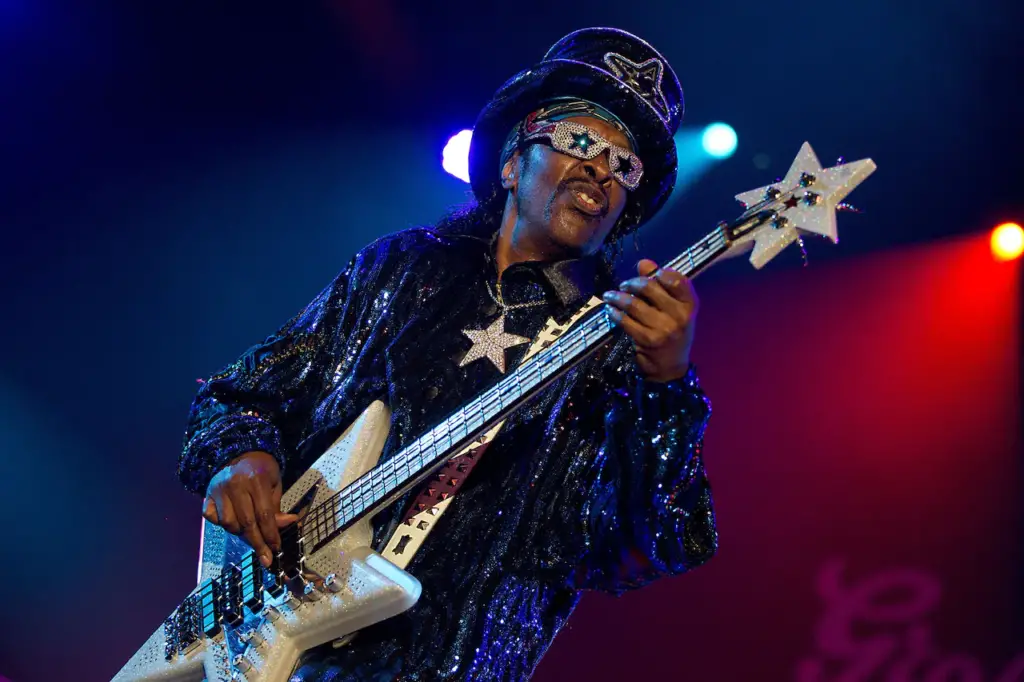
“Any time you’re feeling down, find some footage of the great William ‘Bootsy’ Collins doing his supremely funky thing and you’ll suddenly feel the urge to grab a bass and power through a butt-shaking line. Remember to stick to the one, though – the core of Bootsy’s approach, through his time with James Brown, P-Funk and beyond. There is no-one – no-one – like him.”
14. Stanley Clarke

“A maverick in so many ways, Stanley Clarke blew our minds in each one of his creative guises, whether as a member of the fusion monsters Return To Forever, as a fiery solo artist, as a highly prolific movie soundtrack composer, or as a member of projects such as SMV with Marcus Miller and Victor Wooten. He’s still breaking boundaries today, at an age when most of us would be taking it easy.”
13. James Jamerson

“James Jamerson was not only the best, funkiest, most talent bassplayer ever, but he reinvented the way the instrument was played and its role in pop music. Said to have “a metronome in his head” by fellow musicians from the Funk Brothers Band, the guys behind all of Motown greatest hits, his use of intervals, complex timing and impressive tone and precision make him on of the most influential and most successful musicians of all time. A lot of guys can do slap, a lot of guys can flame up a fretboard and a lot of guys can play like they were soloing on a guitar, but very few can do it while keeping time more accurately than an atomic clock. And Mr. Jamerson was all that and much much more.”
12. Jack Bruce

“The late Jack Bruce never quite fit into any category, whether it was as a blues session bassist, a force of nature in the jazz/rock/everything else supergroup Cream, or throughout his long and unpredictable solo career. Everything he did on the bass was breathtaking, though, and he leaves a legacy that is quite unlike anyone else on this list. He was a truly unique musician – and that’s rare.”
11. Paul McCartney

“It’s deeply gratifying to this writer, as staff of Bass Player magazine(opens in new tab), that the most famous musician in the world is a bass player (yes, we know he plays guitar, piano and drums too). Sir Paul and The Beatles came up at a time when pop music was polite and the bass parts were muffled: he kicked all of that into touch, pioneering a super-melodic style that often dominated the songs. No-one dared tell him otherwise…
10. John Paul Jones

“A choirmaster, organist and expert in many archaic music styles, JPJ also just happened to play effortlessly melodic bass in Led Zeppelin, the biggest heavy rock band there has ever been or ever will be. Whether anchoring those chunky riffs with huge grooves or adorning them with subtle upper-register flourishes, he inhabited the bass parts with the greatest of ease.”
9. Chris Squire
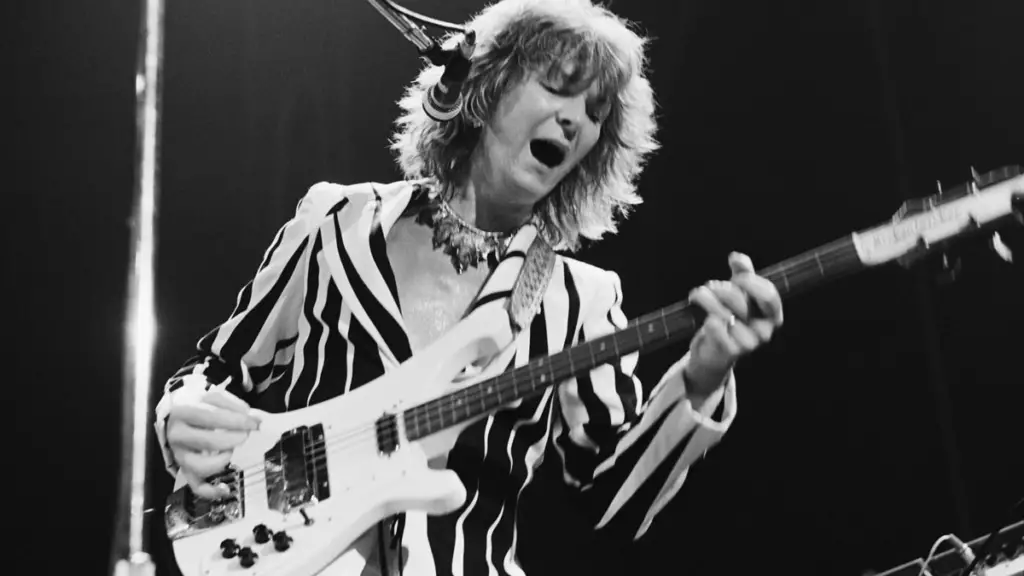
“For decades, prog-rockers Yes retained a single founder member while other musicians came and went. That fellow, bassist Chris Squire, was literally and audibly the heart of the band, having earned his stripes as an innovator in the early days with his fabulous, crunchy tone and basses with an unreasonable number of necks. His style is often imitated but never equalled.”
8. John Entwistle

“The late Ox may have been eclipsed by the bigger personalities in his band, The Who, but that didn’t stop him becoming one of the most acclaimed rock bass players of all time. A true innovator, Entwistle pioneered a “typewriter” picking style and wasn’t afraid to deploy massive distortion. Oh, and there’s the small matter of the bass solo in ‘My Generation’, written in 1965 when bass guitars were supposed to stay in the background.”
7. Jaco Pastorius

“The unique Jaco, who departed decades before his time in 1987, described himself as the “world’s greatest bass player”, and listening to the music he gave us in his short but prolific career, it’s very hard to disagree. The fire within him was unequalled, and well-worn comparisons such as “the Jimi Hendrix of bass” may be tiresome, but they’re not wrong. Check out his self-titled solo album from 1976 for evidence.”
6. Geddy Lee
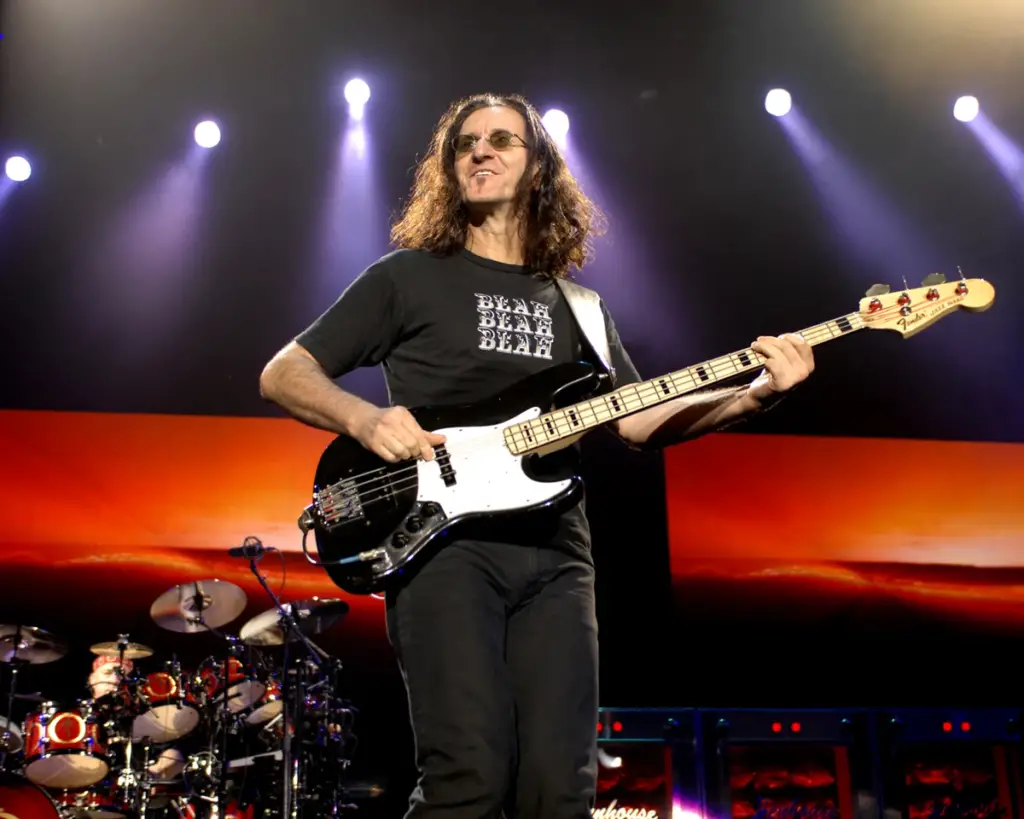
“The man that no-one calls Gary Weinrib any more makes the top of your list – and quite rightly so. As singer, bassist and keyboard player with the sadly no-longer-active trio Rush, Geddy embedded himself into our world across four decades of recorded and live music. His phenomenal grooves and fills, often delivered in synch with the much-missed drummer Neil Peart, are second to none. Let us hope we witness his return to the “lighted stage” sooner rather than later.”
5. John Taylor

“Influencing the new wave in the 1980s, Taylor has provided the best basslines to the band’s songs. Duran Duran’s early works have greatly featured Taylor’s bass playing. The bassist’s playing became the prototype of the funk and disco songs.”
4. Duff McKagan

“McKagan bass skills have that genuine punk rock roots that gave Guns N’ Roses its fierce intensity and edge. The G N’R bassist displays a great amount of virtuosic skill that inspires other rock musicians as well.”
3. Eddie Jackson

“Bands are like a team that compliments each member. Jackson’s bass rhythms harmonize with Rockenfield’s drumming beats. Queensryche has made leaps in progressive metal rock and Jackson’s inputs are valuable and irreplaceable. “
2. John Deacon
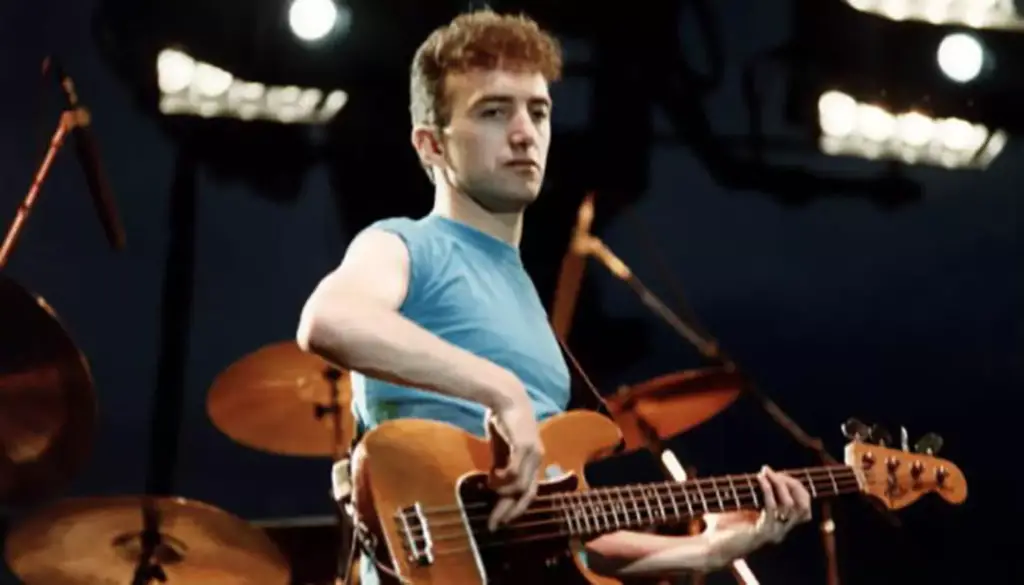
“Having started in the ’70s, Queen still stretched their music to the 80s. John Deacon has made an immense contribution to enduring Queen tracks. Apart from songwriting, Deacon’s bass lines are simple and bare, but catchy and unforgettable. Examples of Deacon’s skills are strongly present in “Under Pressure” and “Another One Bites The Dust.”
1. Mike Watt
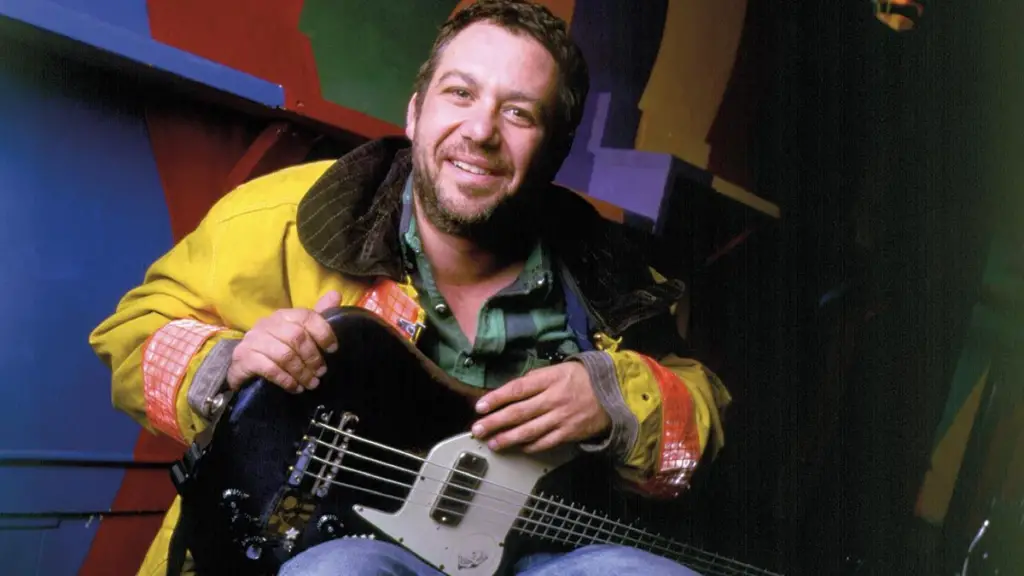
“In the era of punk, Watt gave the bass a new model to follow. Thanks to Watt, the bass emerged as an important instrument rather than a muffled noise in the background of the song. His creativity with the bass allowed him to experiment with genres such as swamp rock and funk. The album that showed this kind of creativity is “Double Nickels on the Dime.”

